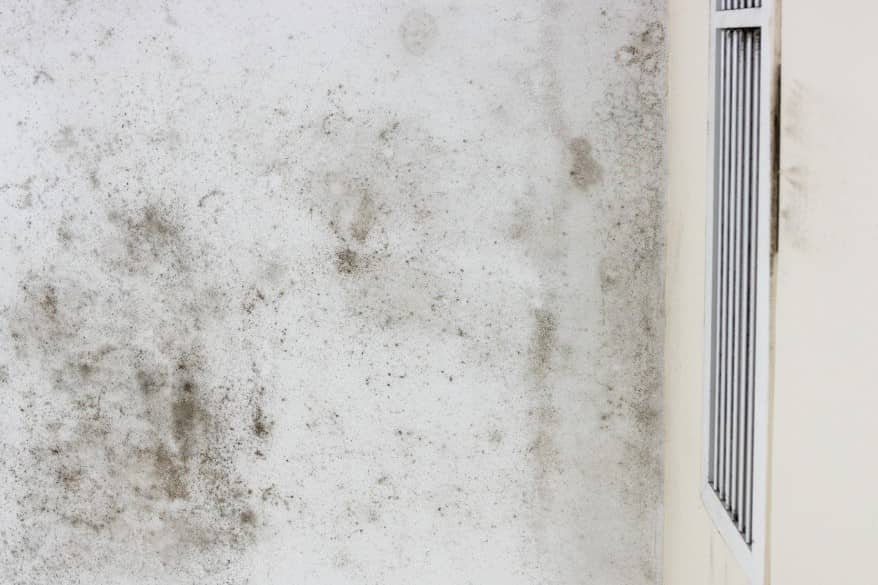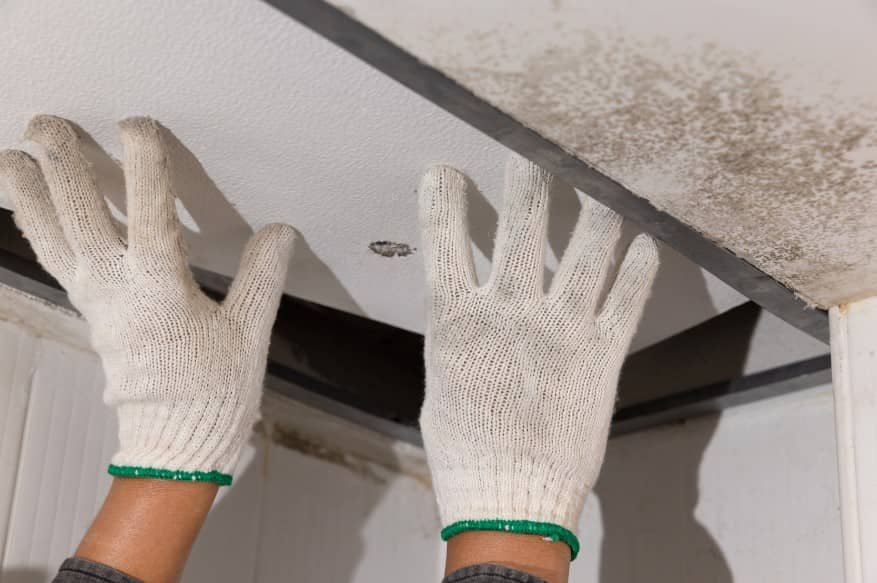As a tenant, you have the right to live in a safe and healthy environment. However, if you are exposed to mold in your rental property, it can lead to serious health issues and even legal complications. In this article, we will explore your legal options as a tenant and whether or not you can sue your landlord for mold exposure.
 indoor mold and fungus on the ceiling.” width=”2560″ height=”1707″ /> Exploring My Legal Options: Can I Sue My Landlord for Mold Exposure? Brown stain of indoor mold and fungus on the ceiling.
indoor mold and fungus on the ceiling.” width=”2560″ height=”1707″ /> Exploring My Legal Options: Can I Sue My Landlord for Mold Exposure? Brown stain of indoor mold and fungus on the ceiling.
Understanding The Dangers of Mold and Your Legal Options
Firstly, it’s important to understand what mold is and how it can affect your health. Mold is a type of fungus that can grow in damp or humid conditions, and exposure to mold can cause allergic reactions, respiratory problems, and other health issues. If you suspect mold in your rental property, it’s important to notify your landlord immediately and request an inspection.
If mold is found in your rental property, your landlord has a legal obligation to remove it and address the source of the problem. If they fail to do so, you may have grounds for legal action. However, it’s important to note that the laws regarding mold exposure vary by state and jurisdiction, so it’s crucial to consult with a legal professional to understand your options.
 Exploring my legal options – Under Florida law, a tenant has the right to: Notify the landlord of any mold problems in the rental property; Request that the landlord remedy the mold problem; Terminate the lease agreement if the landlord fails to remediate the mold problem within a reasonable time after being notified.
Exploring my legal options – Under Florida law, a tenant has the right to: Notify the landlord of any mold problems in the rental property; Request that the landlord remedy the mold problem; Terminate the lease agreement if the landlord fails to remediate the mold problem within a reasonable time after being notified.
Read Your Lease Agreement Terms
Another factor to consider is the terms of your lease agreement. Some leases may include clauses that hold the tenant responsible for mold prevention and remediation, while others may place the burden on the landlord. It’s important to review your lease agreement and understand your rights and responsibilities as a tenant.
Florida Renters Rights and How to Proceed
In Florida, the law requires landlords to maintain their rental properties in a habitable condition, which includes addressing mold problems. If mold is present in a rental property and is caused by the landlord’s failure to maintain the property, the landlord is responsible for remedying the mold problem.
Under Florida law, a tenant has the right to:
- Notify the landlord of any mold problems in the rental property.
- Request that the landlord remedy the mold problem.
- Terminate the lease agreement if the landlord fails to remediate the mold problem within a reasonable time after being notified.
If a tenant discovers mold in the rental property, they should notify the landlord in writing as soon as possible. The landlord is then required to address the problem within a reasonable time, which can vary depending on the severity of the mold problem. If the landlord fails to remediate the mold problem within a reasonable time, the tenant may have the right to terminate the lease agreement without penalty.
It is important to note that if the mold problem is caused by the tenant’s actions, such as failing to properly ventilate the property or causing water damage, the tenant may be responsible for remedying the problem.
If you are a renter in Florida and are dealing with a mold problem, it is recommended that you seek the advice of a local attorney or housing authority for guidance on how to proceed.
So, Can I Sue My Landlord for Mold Exposure?
Mold exposure can be a serious health hazard and may also have legal implications. As a tenant, it’s important to understand your legal options and take action to protect your health and well-being. By notifying your landlord of any mold concerns, reviewing your lease agreement, and consulting with a legal professional, you can explore your legal options and take steps to ensure a safe and healthy living environment.
 sell homes faster.” width=”1920″ height=”2560″ /> Mold Assessment Services completing a Microbial Completion and Clearance Certificate or Mold Certificate. A great tool for Realtors to sell homes faster.
sell homes faster.” width=”1920″ height=”2560″ /> Mold Assessment Services completing a Microbial Completion and Clearance Certificate or Mold Certificate. A great tool for Realtors to sell homes faster.
Mold Assessment Services Can Help
If you suspect mold in your rental property, it’s crucial to contact a professional mold assessment service for an inspection. Our company offers expert mold assessment services to help you identify and address any mold issues in your home or rental property. Contact us today at 305-244-7379 to schedule your mold inspection.
Our knowledgeable and friendly staff will be happy to answer any questions and help you schedule your appointment. You can also fill out the form on our website to contact us and receive a prompt response from our team. Don’t wait until it’s too late – schedule your mold inspection today to ensure a safe and healthy living environment Fill out the form to contact us.


